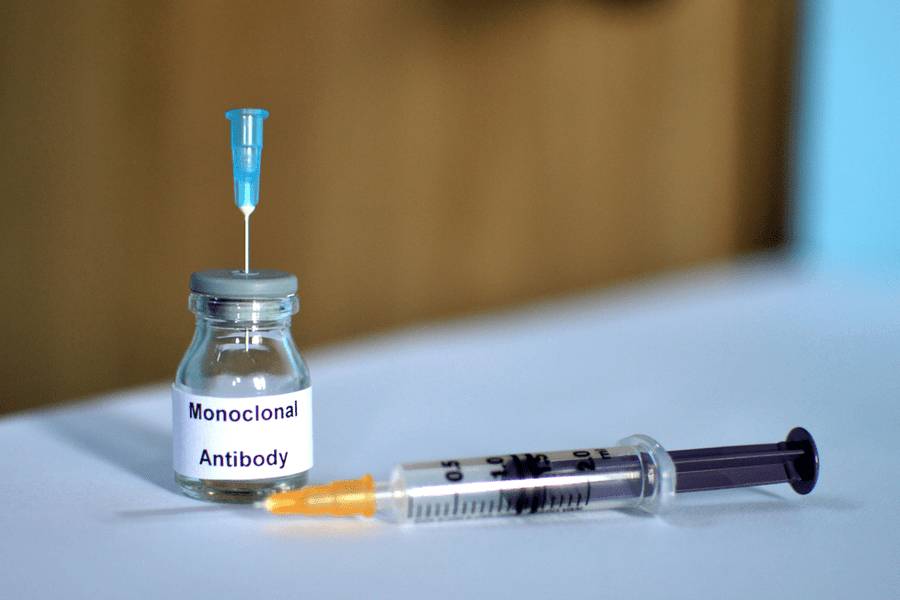Approach being used in COVID-19 may also be effective in stopping gluten from triggering celiac disease

By Amy Ratner, director scientific affairs
An international group of researchers are investigating a monoclonal antibody that has the potential to treat celiac disease by stopping the activation of cells that identify gluten as an invader.
T-cells, which function as the body’s disease fighting soldiers, are improperly triggered by gluten in those who have celiac disease. Though it is at an early stage of research, the specifically designed monoclonal antibody could potentially turn off this response and halt the development of celiac disease.
Monoclonal antibodies are man-made proteins that can bind to substances in the body. In autoimmune diseases, such as celiac disease, the antibodies are designed to target cytokine proteins that contribute to inflammation.
Part of a class of therapeutic drugs known as biologics, monoclonal antibodies are used in immunotherapy to treat other autoimmune diseases including rheumatoid arthritis. They are also used to treat certain cancers, viral infections, gastrointestinal diseases and more.
“The antibody we have developed and show in the study has potential to become one of the drugs that could help [those with celiac disease] to adopt a more normal way of life,” said Geir Åge Løset, PhD, a study author and founder and CEO of Nextera, the Oslo-based company that makes the celiac disease monoclonal antibody.
Monoclonal antibodies have recently been in the news because several monoclonal antibody therapies have received emergency use authorization from the Food and Drug Administration for the treatment of COVID-19. These are being used to treat mild-to-moderate COVID-19 in adults and pediatric patients with positive test results who are at high risk for progression to severe COVID-19, including hospitalization or death.
The monoclonal antibody investigated by researchers from Norway, Australia, the United States and the UK, appears to shut down T-cell activation of only those cells involved in celiac disease, without affecting any other cells, according to the study published in the journal Science Immunology.
This indicates the monoclonal antibody can treat celiac disease without affecting normal immunity, said Løset.
“To be able to treat disease with a drug which only affect the diseased tissue is rarely seen, though, of course, it would be the optimal outcome of any treatment,” he noted. “Much work remains before we know that this is actually true with our approach in a real human setting, but a specific activity to this level of potency of a drug candidate molecule is itself surprising and lends great hope.”
Researchers tested the antibody in a mouse model, where it was able to prevent development of celiac disease. And it was able to specifically react to the correct target in tests done in intestinal biopsy material obtained from both those who have celiac disease and controls who do not, said Løset. He noted that a clinical trial has not yet been done.
“What we bring to the table is a novel approach at an early stage, but it is based on a drug type that industry and the health care system are highly familiar with, and our data show that it has the ability to blunt activity of key components we know are important in [celiac] disease,” Løset said.
Next steps would include developing a better understanding of the precise mechanism the antibody uses to stop the T-cell activation, something that would be important in determining how further drug development should proceed. Researchers also need to understand how the antibody performs in more complex systems that more closely model celiac disease.
You can read more about the study here.
Opt-in to stay up-to-date on the latest news.
Yes, I want to advance research No, I'd prefer not to